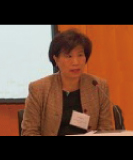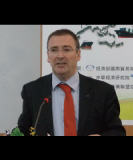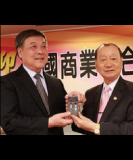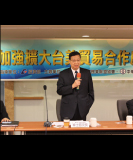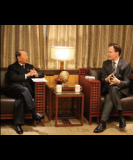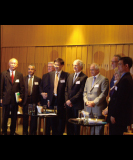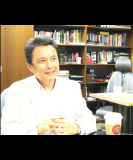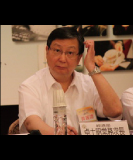You are browsing > Service in Taiwan > Development
Enhanced Integrated Framework issues 2019 Annual ReportWTO
On 2 July, the Enhanced Integrated Framework (EIF) issued its 2019 Annual Report, outlining EIF support for building the trade capacity of least-developed countries (LDCs). The report notes progress in improving gender equality in LDCs and in enhancing access to new technologies, particularly for micro, small and medium-sized enterprises (MSMEs).
The Annual Report measures the EIF's latest activities against the benchmarks in the EIF's Strategic Plan 2019-2022.
The EIF has been working to help LDCs diversify their economies, access new technologies and create fresh opportunities for development, the report notes. This includes implementing 43 e-commerce initiatives as well as undertaking e-trade readiness assessments in countries such as Tuvalu and Lesotho to help these economies develop their trading capacity.
The EIF's “Empower Women, Power Trade” initiative, launched in 2019, has helped to improve gender equality, with 54 per cent of women in LDCs participating in training workshops since the EIF began working with LDC governments. In Zambia, an EIF-funded project, undertaken with the International Trade Centre, has helped eight women entrepreneurs export over USD 130,000 worth of products, such as garments, honey and moringa to ten new markets.
Since its inception over a decade ago, the EIF has helped 44 countries integrate trade policy into their national development plans and has supported over 10,000 MSMEs. More than 14,000 public officials have participated in EIF training events to date, laying the groundwork for improving the trade environment in LDCs.
The EIF Executive Director, Ratnakar Adhikari, said: “We are very pleased to be launching the 2019 Annual Report for the EIF with a focus on ‘Inclusive Trade for Better Lives’, in line with EIF's Strategic Plan 2019-2022. Our results show that we have made significant progress spreading the benefits of the programme to countries affected by fragility and conflict, and targeting interventions towards micro, small and medium-sized enterprises, women and youth.”
The report highlights that LDC exports of goods and services have been badly affected by the overall decline in global exports since 2019. They have also been hard hit by the COVID-19 pandemic, which has devastated key sectors of LDC economies, including tourism. At this time of crisis, targeted support to these countries is needed more than ever.
In 2019, funding for the EIF significantly increased. Australia, Denmark, Finland, Germany, Japan and Sweden contributed approximately USD 14 million in new support at the WTO’s 2019 Global Review of Aid for Trade. This brought the total commitments from donors to USD 136 million for the EIF’s current phase of work scheduled for the period 2016 to 2024. Since 2016, USD 36.5 million has also been leveraged in co-financing from governments and development partners across 65 EIF projects.
By the end of 2019, 87 per cent of the USD 108.59 million available for project financing had been committed to EIF projects.
The EIF Board Chair, H.E. Mani Prasad Bhattarai, said: “The EIF is a key mechanism for supporting inclusive growth and development of LDCs through trade. This report shows just how much the EIF is contributing to building institutional and productive capacities in LDCs, which are critical to help them achieve their development aspirations.”
The EIF is the only multilateral partnership dedicated exclusively to helping LDCs use trade as an engine for growth, sustainable development and poverty reduction. It is a unique global partnership between LDCs, donors and partner agencies, including the WTO, which work together to build trade capacity in LDCs.
The EIF’s Annual Report 2019 is available here. The French version can be found here.
More information on the EIF is available here.

